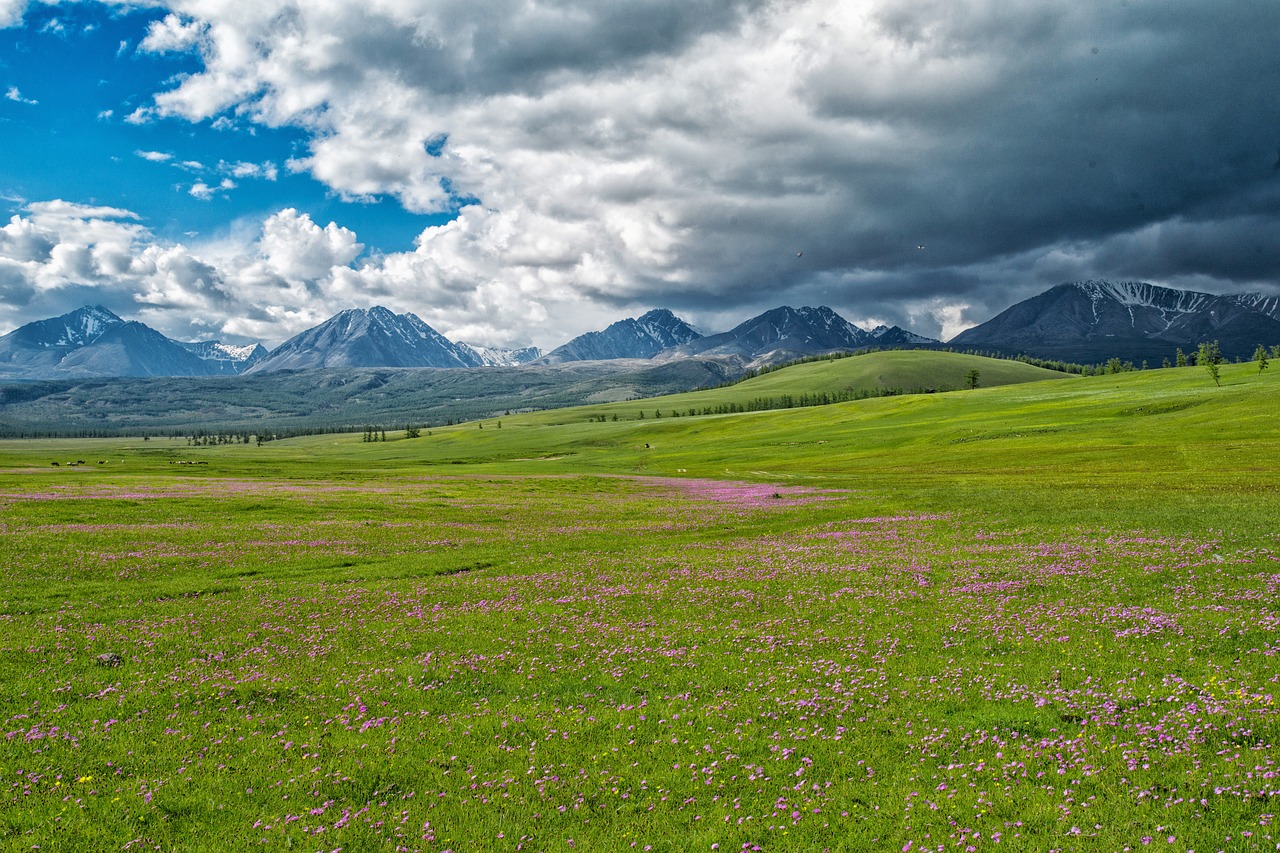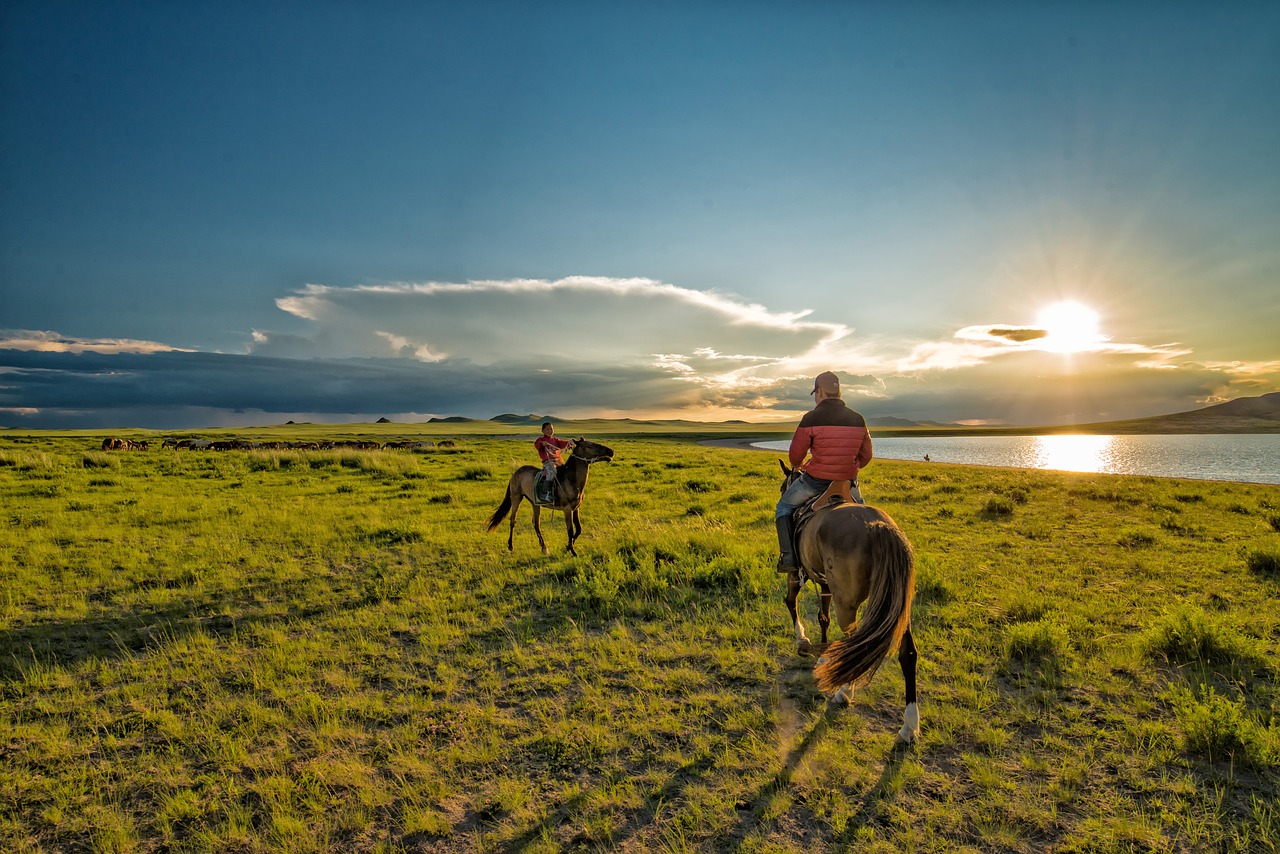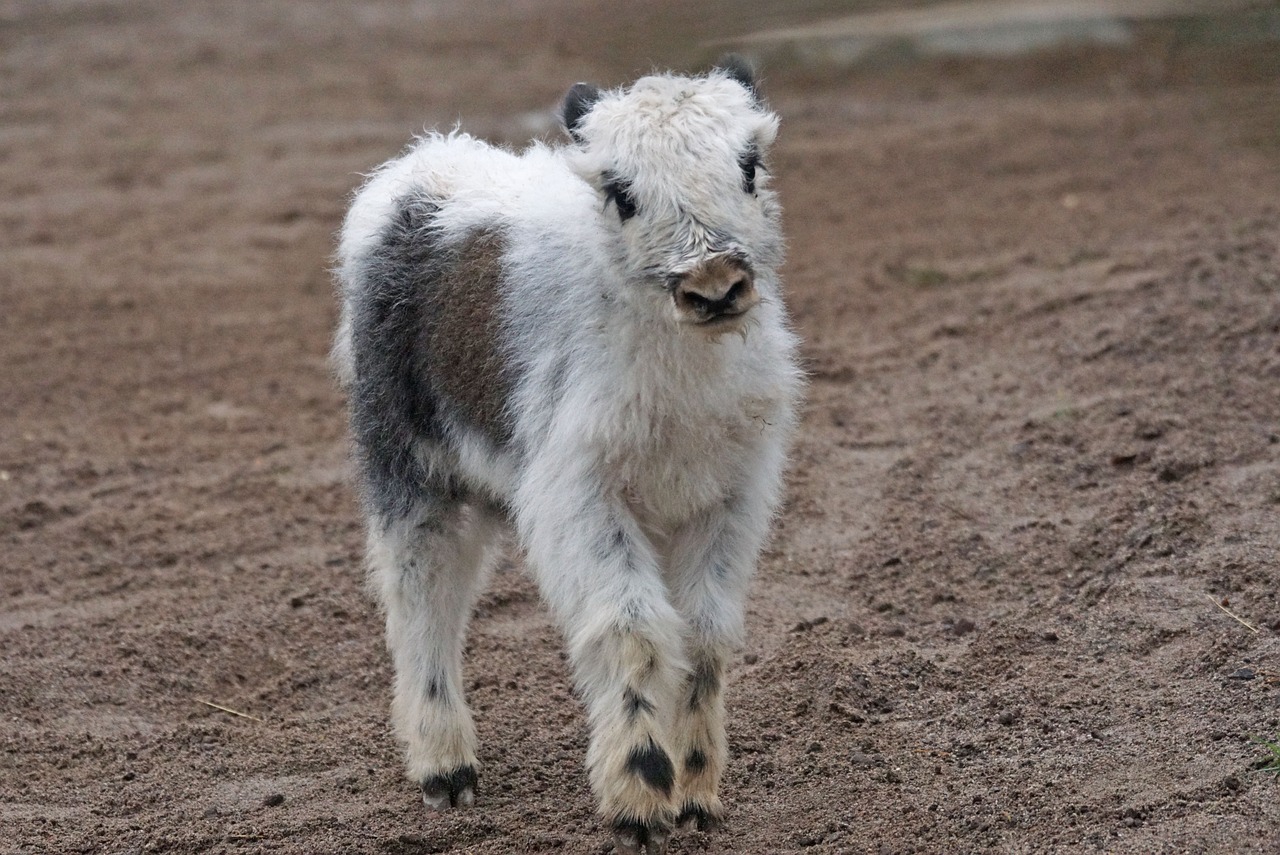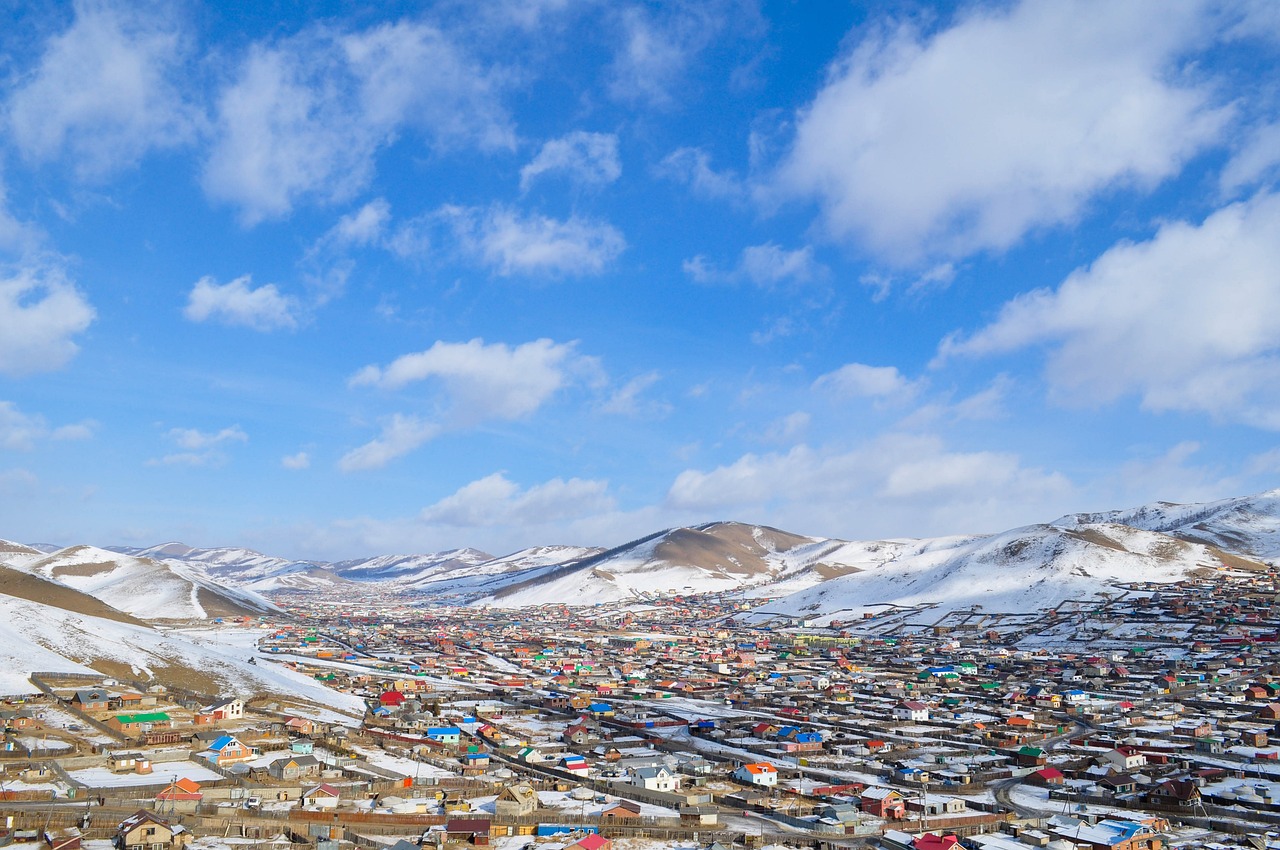Mongolia Video
Introduction
Mongolia, a landlocked country in East Asia, is known for its stunning landscapes, rich history, and unique nomadic culture. With its vast steppes, rugged mountains, and the Gobi Desert, Mongolia offers a diverse range of experiences for digital nomads and expats. This article will provide detailed information about living, working, and exploring Mongolia as a digital nomad or expat.
Mongolia For Digital Nomads
Mongolia is an emerging destination for digital nomads seeking a unique and adventurous experience. With its low cost of living, stunning natural beauty, and a growing startup scene, Mongolia offers a range of opportunities for remote workers. The country’s nomadic culture and friendly locals also make it an attractive destination for those seeking cultural immersion and new experiences.
- Low Cost of Living: Mongolia has a relatively low cost of living compared to many other countries, making it an affordable destination for digital nomads. Accommodation, food, and transportation are generally affordable, allowing digital nomads to stretch their budgets.
- Nomadic Culture: Mongolia’s nomadic culture offers a unique experience for digital nomads. You can witness traditional nomadic lifestyle, stay in traditional ger camps, and learn about the customs and traditions of the Mongolian people.
- Startup Scene: Mongolia’s startup scene is slowly growing, with more opportunities for digital nomads to connect with local entrepreneurs and professionals. The country’s capital, Ulaanbaatar, is home to several coworking spaces and networking events, providing a supportive environment for remote workers.
- Natural Beauty: Mongolia’s landscapes are breathtaking, with vast grasslands, snow-capped mountains, and the iconic Gobi Desert. Digital nomads can explore these natural wonders, go hiking, horseback riding, or even embark on a nomadic journey with local herders.
Mongolia Image 1: 
Mongolia Climate
Mongolia experiences a continental climate with extreme temperature variations throughout the year. Summers are short and hot, with temperatures often exceeding 30 degrees Celsius (86 degrees Fahrenheit). Winters are long and bitterly cold, with temperatures dropping below -30 degrees Celsius (-22 degrees Fahrenheit). Spring and autumn are transitional seasons with mild temperatures.
- Summer: Summer in Mongolia, from June to August, is the best time to visit for digital nomads. The weather is pleasant, and the landscapes are lush and green. It’s an ideal time for outdoor activities and exploration.
- Winter: Winter, from December to February, can be extremely cold in Mongolia. However, if you’re prepared for the cold weather, it can also be a unique experience. The snowy landscapes and winter festivals offer a different perspective on the country.
- Spring and Autumn: Spring (April to May) and autumn (September to October) are transitional seasons with mild temperatures. These seasons offer a mix of comfortable weather and beautiful landscapes, making them great times to visit Mongolia.
Mongolia Image 2: 
Mongolia Expat Communities
Mongolia has a small but growing expat community, mainly concentrated in the capital city, Ulaanbaatar. Expats in Mongolia come from various countries and backgrounds, including professionals working for international organizations, diplomats, teachers, and entrepreneurs. The expat community in Mongolia is tight-knit and supportive, providing a network for socializing, networking, and sharing experiences.
- International Organizations: Mongolia hosts several international organizations, including the United Nations and various NGOs. These organizations employ expats from different countries, creating a diverse expat community.
- Education Sector: Many expats in Mongolia work in the education sector as teachers or administrators. International schools and universities in Ulaanbaatar attract expat professionals and their families.
- Business and Entrepreneurship: Mongolia’s growing economy and startup scene have attracted expat entrepreneurs and professionals looking for business opportunities. The expat community involved in business and entrepreneurship is relatively small but supportive.
Mongolia Image 3: 
Living As An Expat In Mongolia
Living as an expat in Mongolia offers a unique experience but also comes with its own challenges. Here are some important aspects to consider:
- Language: Mongolian is the official language of Mongolia. While English is spoken in some tourist areas and by the younger generation, it may be helpful to learn some basic Mongolian phrases to navigate daily life.
- Cost of Living: The cost of living in Mongolia is generally lower than in Western countries. Accommodation, food, and transportation are affordable, allowing expats to live comfortably on a moderate budget.
- Healthcare: Mongolia has both public and private healthcare facilities. While the quality of healthcare in major cities is decent, medical services in rural areas may be limited. Expats are advised to have comprehensive health insurance that covers their needs.
- Safety: Mongolia is considered a relatively safe country for expats. However, it’s always important to take precautions, especially in crowded areas and during nighttime. It’s also advisable to be aware of local customs and traditions to avoid any unintentional offense.
- Cultural Adaptation: Mongolia has a rich nomadic culture, and adapting to local customs and traditions can enhance the expat experience. Building relationships with locals, participating in cultural events, and learning about Mongolian history can help expats integrate into the community.
Mongolia Cost Of Living
Mongolia offers a relatively affordable cost of living, making it an attractive destination for digital nomads and expats. Here is an overview of the costs you can expect in Mongolia:
- Accommodation: The cost of renting an apartment in Ulaanbaatar can vary depending on the location and size. On average, a one-bedroom apartment in the city center can cost around $400 to $600 per month. Outside of the city center, prices may be slightly lower.
- Food and Dining: Eating out in local restaurants is generally affordable in Mongolia. A meal at a mid-range restaurant can cost around $5 to $10. Cooking at home and buying groceries from local markets can help save money on food expenses.
- Transportation: Public transportation in Mongolia, such as buses and minibusses, is inexpensive. Taxi services are also available, and fares are relatively affordable. Owning a car can be more expensive due to fuel costs and maintenance.
- Utilities: The cost of utilities, including electricity, heating, and water, can vary depending on the season and usage. On average, monthly utility bills for a small apartment can range from $50 to $100.
- Entertainment: Mongolia offers various entertainment options, including cinemas, theaters, and cultural events. Prices for these activities are generally reasonable, with movie tickets costing around $5 and tickets to cultural performances ranging from $10 to $20.
Mongolia Visas For Digital Nomads
Digital nomads planning to stay in Mongolia for an extended period will need to obtain the appropriate visa. Here are the visa options available for digital nomads in Mongolia:
- 30-Day Tourist Visa: Citizens of many countries, including the United States, Canada, and most European countries, can enter Mongolia without a visa for up to 30 days. This visa can be extended for an additional 30 days at the Immigration Agency in Ulaanbaatar.
- Business Visa: Digital nomads planning to work with local companies or individuals in Mongolia can apply for a business visa. This visa allows for a longer stay and can be obtained with the sponsorship of a Mongolian company or organization.
- Work Visa: If you plan to work for a Mongolian company or organization, you will need a work visa. This visa requires a job offer from a Mongolian employer, and the employer will need to handle the visa application process.
Mongolia Transportation
Getting around Mongolia can be an adventure in itself. Here are the main transportation options available for digital nomads:
- Public Buses: Ulaanbaatar has a network of public buses that cover most areas of the city. The buses are inexpensive and a convenient way to get around the capital.
- Minibusses: Minibusses, known as “micros,” are a popular mode of transportation in Ulaanbaatar. They follow specific routes and are a cost-effective option for short distances.
- Taxis: Taxis are readily available in Ulaanbaatar and other major cities. It’s advisable to use reputable taxi companies or ride-hailing apps to ensure fair fares.
- Rental Cars: Renting a car can be a convenient option for exploring Mongolia’s remote areas. However, driving conditions can be challenging, especially in rural areas, so it’s important to have experience driving in similar conditions.
- Domestic Flights: If you’re planning to visit other parts of Mongolia, domestic flights are available. Local airlines operate flights between major cities and popular tourist destinations.
Mongolia Airports
Mongolia has several airports, with the largest and busiest being Chinggis Khaan International Airport (ULN) in Ulaanbaatar. This airport serves as the main international gateway to Mongolia. Other airports in Mongolia include:
- Khuvsgul Airport (HUV): Located near Lake Khuvsgul, this airport serves the northern part of Mongolia and is a popular entry point for tourists visiting the lake.
- Gobi Airport (DLZ): Situated in Dalanzadgad, this airport provides access to the Gobi Desert region and is commonly used by tourists and travelers exploring the southern part of Mongolia.
- Erdenet Airport (ERT): Located in Erdenet, this airport serves the city and surrounding areas in northern Mongolia.
- Altai Airport (LTI): Situated in the western part of Mongolia, Altai Airport provides access to the Altai Mountains and is popular among hikers and mountaineers.
Facts About Mongolia
Here are some interesting facts about Mongolia:
- Capital: The capital of Mongolia is Ulaanbaatar, which is also the largest city in the country.
- Nomadic Culture: Mongolia has a strong nomadic culture, and a significant portion of the population still lives a traditional nomadic lifestyle.
- Population: Mongolia has a population of approximately 3.3 million people, making it one of the least densely populated countries in the world.
- Naadam Festival: Naadam is a traditional festival in Mongolia, featuring the “Three Manly Games” of wrestling, horse racing, and archery. It takes place annually in July.
- Land of the Blue Sky: Mongolia is often referred to as the “Land of the Blue Sky” due to its abundance of clear and sunny days throughout the year.
Fun Things To Do In Mongolia
Mongolia offers a range of exciting activities and experiences for digital nomads and expats. Here are some fun things to do in Mongolia:
- Explore the Gobi Desert: Visit the iconic Gobi Desert, known for its vast sand dunes, unique rock formations, and diverse wildlife. Experience camel trekking and spend a night under the stars in a traditional ger camp.
- Go Horseback Riding: Mongolia is renowned for its horse culture, and horseback riding is a popular activity. Explore the countryside, ride through the steppes, and immerse yourself in the nomadic way of life.
- Visit Lake Khuvsgul: Located in the north of Mongolia, Lake Khuvsgul is one of the largest freshwater lakes in Asia. Enjoy boating, fishing, and hiking in the stunning surroundings.
- Discover Ancient History: Explore the ancient capital of the Mongol Empire, Karakorum, and visit historic sites such as Erdene Zuu Monastery. Discover the rich history and heritage of Mongolia.
- Attend Traditional Festivals: Experience the vibrant culture of Mongolia by attending traditional festivals such as Naadam, Tsagaan Sar (Lunar New Year), and Eagle Festival. These festivals showcase traditional sports, music, and customs.
Popular Mongolia Tourist Attractions
Mongolia is home to numerous tourist attractions that showcase its natural beauty and cultural heritage. Here are some popular attractions to explore:
- Terelj National Park: Located near Ulaanbaatar, Terelj National Park offers stunning landscapes, hiking trails, and opportunities for horseback riding. The Turtle Rock and Aryabal Meditation Temple are popular highlights.
- Khustain Nuruu National Park: This national park is known for its successful reintroduction of the Przewalski’s horse, an endangered species. Visitors can observe these horses in their natural habitat and explore the park’s diverse flora and fauna.
- Orkhon Valley: The Orkhon Valley, a UNESCO World Heritage site, is home to ancient archaeological sites, including the ruins of Karakorum and the Orkhon Waterfall. It offers a glimpse into Mongolia’s rich history.
- Bayanzag (Flaming Cliffs): Bayanzag is famous for its red sandstone cliffs and dinosaur fossils. Explore the area and learn about Mongolia’s paleontological discoveries.
- Hustai National Park: Hustai National Park is known for its successful reintroduction of the Przewalski’s horse and its diverse wildlife, including marmots, deer, and various bird species. It offers opportunities for hiking and wildlife spotting.
Mongolia Cities
Mongolia has several cities and towns, but the most significant and populous is Ulaanbaatar. Here are some notable cities in Mongolia:
- Ulaanbaatar: The capital and largest city of Mongolia, Ulaanbaatar is the economic, political, and cultural hub of the country. It offers a mix of modern amenities, historical sites, and vibrant markets.
- Erdenet: Located in northern Mongolia, Erdenet is the second-largest city and known for its copper mining industry. It offers a more relaxed pace of life compared to Ulaanbaatar.
- Dalanzadgad: Dalanzadgad is the capital of the South Gobi Province and serves as a gateway to the Gobi Desert. It is a popular destination for tourists and adventurers exploring the region.
- Murun: Murun is the capital of Khuvsgul Province and a gateway to Lake Khuvsgul. It offers access to stunning natural landscapes and is a starting point for outdoor activities.
- Choibalsan: Located in the eastern part of Mongolia, Choibalsan is the capital of Dornod Province. It is known for its history, cultural heritage, and proximity to the Onon River.
Mongolia Internet Speed and Accessibility
Internet speed and accessibility in Mongolia have improved in recent years, especially in urban areas. Here’s what you need to know:
- Internet Speed: In major cities like Ulaanbaatar, internet speeds are generally reliable and fast. However, in more remote areas, internet connectivity may be slower and less reliable.
- Mobile Data: Mongolia has a well-developed mobile network, and 4G coverage is available in most urban areas. Mobile data plans are affordable and offer a convenient option for staying connected while on the go.
- Wi-Fi Availability: Wi-Fi is widely available in hotels, cafes, and coworking spaces in Ulaanbaatar. However, the quality and reliability of Wi-Fi may vary, so it’s advisable to have a backup plan, such as a mobile data plan.
Mongolia Accommodation
Finding suitable accommodation is an important aspect of living as a digital nomad or expat in Mongolia. Here are some popular options:
- Hotels: Ulaanbaatar offers a range of hotels, from luxury international chains to budget-friendly options. Prices vary depending on the location and amenities provided.
- Vacation Rentals: Vacation rentals, such as holiday homes and apartments, are available in Ulaanbaatar and popular tourist areas. These rentals offer more space and a homely atmosphere.
- Apartment Rentals: Renting an apartment is a common option for long-term stays in Mongolia. Websites and local real estate agencies can help you find suitable apartments in Ulaanbaatar.
- Guesthouses: Guesthouses are budget-friendly accommodations, often run by local families. They provide a more authentic experience and an opportunity to interact with locals.
- Ger Camps: Ger camps are traditional Mongolian nomadic dwellings that offer a unique accommodation experience. These camps are available in rural areas and national parks, providing an immersive cultural experience.
Popular Mongolia Hotels
Mongolia offers a range of hotels to suit different budgets and preferences. Here are some popular hotels in Mongolia:
- Shangri-La Hotel, Ulaanbaatar: A luxury hotel located in the heart of Ulaanbaatar, offering comfortable rooms, excellent amenities, and panoramic city views.
- Kempinski Hotel Khan Palace: Situated near the Government Palace, this hotel offers elegant rooms, a spa, and multiple dining options.
- Ramada Ulaanbaatar Citycenter: Located in the city center, this hotel provides modern rooms, a fitness center, and easy access to shopping and dining options.
- Best Western Premier Tuushin Hotel: A centrally located hotel with comfortable rooms, a fitness center, and various dining options.
- Ibis Styles Ulaanbaatar Polaris: A budget-friendly hotel offering comfortable rooms, a restaurant, and a bar. It is located near the Chinggis Khaan Square.
Popular Mongolia Vacation Rentals
Vacation rentals provide an alternative to traditional hotel accommodation. Here are some popular vacation rentals in Mongolia:
- Ger Camps: Experience the traditional Mongolian lifestyle by staying in a ger camp. These camps are available in various locations, including the Gobi Desert and Lake Khuvsgul.
- Apartment Rentals: Websites like Airbnb offer a range of apartment rentals in Ulaanbaatar, providing a more home-like experience for digital nomads and expats.
- Holiday Homes: Renting a holiday home in rural areas allows you to enjoy the tranquility of the Mongolian countryside and explore the natural beauty of the country.
Popular Mongolia Apartment Rentals
Renting an apartment is a popular choice for long-term stays in Mongolia. Here are some popular apartment rental options in Ulaanbaatar:
- Sky Tower Residence: Located in the city center, Sky Tower Residence offers modern apartments with various amenities, including a gym and swimming pool.
- The Village Residence: Situated in a quiet neighborhood, The Village Residence provides fully furnished apartments with a cozy atmosphere and easy access to local amenities.
- Temuujin Guesthouse and Apartments: This guesthouse offers both private rooms and apartments for rent, providing a comfortable and affordable option for digital nomads and expats.
Mongolia Food & Drink
Mongolian cuisine is influenced by its nomadic culture and the availability of ingredients in the country. Here are some popular Mongolian dishes and beverages to try:
- Khorkhog: Khorkhog is a traditional Mongolian dish made with mutton, vegetables, and hot stones. The meat is cooked by placing hot stones inside a metal container and sealing it to create steam.
- Buuz: Buuz are steamed dumplings filled with minced meat, typically beef or mutton. They are a popular street food in Mongolia and are often enjoyed with a side of pickles.
- Aaruul: Aaruul is a dried curd made from yogurt or mare’s milk. It is a common snack in Mongolia and can be sweet or savory.
- Boortsog: Boortsog are deep-fried cookies or biscuits made from dough. They are a popular sweet treat in Mongolia and are often enjoyed with tea or milk.
- Airag: Airag is a traditional Mongolian beverage made from fermented mare’s milk. It has a slightly sour taste and is often consumed during festive occasions.
Mongolia Grocery Stores
Finding groceries in Mongolia is relatively easy, especially in major cities like Ulaanbaatar. Here are some popular grocery stores in Mongolia:
- State Department Store: Located in Ulaanbaatar, the State Department Store offers a wide range of products, including groceries, clothing, and household items.
- Nomin Supermarket: Nomin Supermarket is a popular chain of supermarkets with multiple locations in Ulaanbaatar. It offers a variety of groceries, fresh produce, and household goods.
- Mercury Market: Mercury Market is a well-known supermarket chain in Mongolia, offering a range of products, including groceries, imported goods, and household items.
- Monos Market: Monos Market is another supermarket chain in Mongolia that provides a variety of groceries, fresh produce, and household essentials.
Conclusion
Mongolia offers a unique and adventurous experience for digital nomads and expats. With its stunning landscapes, rich nomadic culture, and affordable cost of living, Mongolia has much to offer. Whether you’re seeking a cultural immersion, outdoor adventures, or a supportive expat community, Mongolia has something for everyone. From exploring the Gobi Desert to witnessing traditional festivals, Mongolia is a destination that will leave a lasting impression.
References
– gypsywarrior.com
– mongoliatourism.gov.mn
– numbeo.com
– travel.gc.ca


